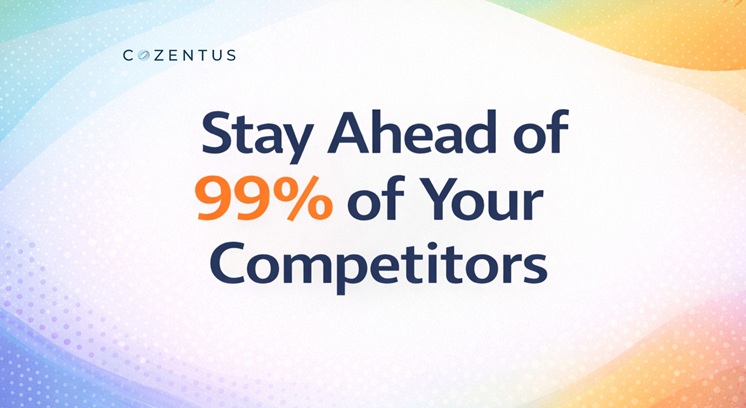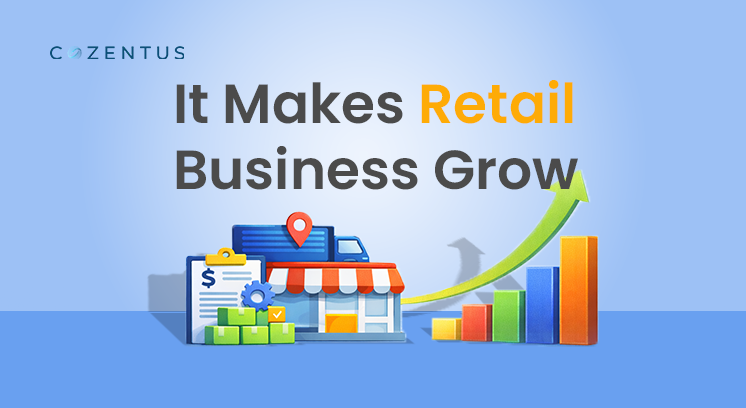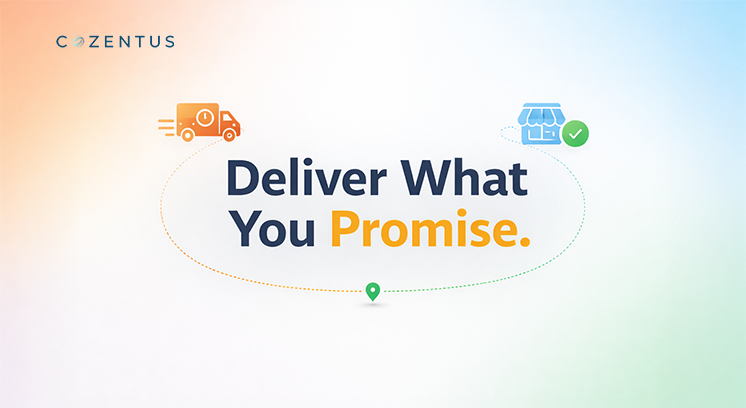Third-party logistics providers (3PLs) need AI ML for document automation, data extraction, and insight generation to enhance processes. They are responsible for multiple functions including purchasing, order fulfilment, storage, distribution, shipment procedures and many more. Processing massive amounts of shipping papers, stock assessments, billing statements, cargo receipts, BL documents and additional paper work comprises a fundamental aspect of their duties.
For many years, 3PLs have depended on manual labor to streamline record keeping and reconciliation processes. These people scrutinize the documents to glean important details before inserting this data into digital systems and organizing the paperwork accordingly. But with the advent of advanced technological solutions such as AI in logistics and the urgency to outpace competition; manual document management has presented numerous disadvantages. Some of these are follows:
- It takes a lot of time, is monotonous, and susceptible to mistakes by people.
- When the number of documents suddenly increases, it results in delays due to congestion.
- It gets difficult to scale up with growth in operations because that necessitates more resources and hence, expensive.
- In the absence of uniform standards or instructions, various workers record and organize data inconsistently.
- Misfiling or improper handling of documents poses risks related to adherence to regulations.
Summarized, the reliability of manual data extraction is variable and often unreliable. To overcome these obstacles and boost efficiency in operations, 3PLs are progressively adopting AI-driven automated solutions for document handling, incorporating technologies like machine learning (ML), artificial intelligence (AI), and natural language processing (NLP). AI/ML and NLP are some of the key cutting edge technologies that enhances document extraction and processing for 3PLs. This is helping them in many ways.
- The process of gathering the documents that needs to be checked, reading the content and manually comparing them, involves a considerable amount of time. And when this is done for logistics businesses as large as 100 Mn and above, on a daily basis, the ask becomes monumental, and demands more hands and brains. While on the other hand, AI-ML-based automated document extraction and processing applications can ingest and process data from documents much more swiftly than humans could ever achieve. This speed is not only beneficial in saving processing time but also allows of cost saving.
- It is common that more the manual tasks, higher is the risk or errors. While automated systems extract and validate data programatticaly, thus with several business rules and analysis, there are significantly higher chances of data accuracy and quality.
- The combination of faster processing and fewer errors provides significant cost savings compared to manual approaches. Automated systems require less human reviewers and data entry staff. The efficiency gains allow companies to handle more documents with fewer people, reducing labor costs.
There are several tasks that can be done by AI systems that typically require human intelligence, such as visual perception, speech recognition, and language translation. Systems can use AI to automatically classify documents, extract data or compare different documents with no input from people at all. ML is a subset of AI in which systems can learn and improve from experience without being explicitly programmed. Using ML, business rules and algorithms can be trained on sample data resulting in models for processing documents more accurately over time. For instance, an ML model could be taught how to identify various types of documents or pull fields out of forms. NLP is the most latest and advanced technology that enables systems to understand, interpret, and manipulate human language. With natural language processing, systems can semantically analyze text to find relevant information for document automation purposes. The key NLP applications include text classification, information extraction and sentiment analysis. Together, AI, ML and NLP provide the core technological capabilities to automate time-consuming manual document processing tasks like classification, data entry and comparison. This enables 3PLs to process documents faster with greater accuracy and at a lower cost.
Choosing the Best Automated Document Processing Solution
When considering an automated document processing solution, 3PLs must consider several things:
- Ensure that the solution achieves high precision and recall rates ideally over 90% and can handle your documents’ complexity.
- Look for an automation that processes different types of documents and allows customization.
- Choose a scalable solution for your operations growth, most preferably cloud-based to enable better scalability.
- Ensure that it is compatible with existing workflows as well as systems by integrating CRMs, ERPs, and databases through APIs.
- Select a solution that continues to learn and improve accuracy through human-in-the-loop training thereby ensuring continuous improvement over time.
- Focus on solutions that follow and ensure regulatory compliances.
- Ensure you are considering all expenses while investing in a document extraction and processing application, such as license fee, scaling up expense, and overall ROI.
Its true that by embracing AI-powered document processing solutions, 3PLs are transforming their operations, and achieving advanced levels of efficiency, accuracy, and data insight. How is your business leveraging AI ML and NLP for logistics? We would love to know your innovations. Write to us at supplychain@cozentus.com if you keen to know more on our latest innovations in logistics automation using these cutting-edge technologies.
Recent Post
Subscribe to our newsletter
Stay updated on latest trends and news in the supply chain and logistics industry








